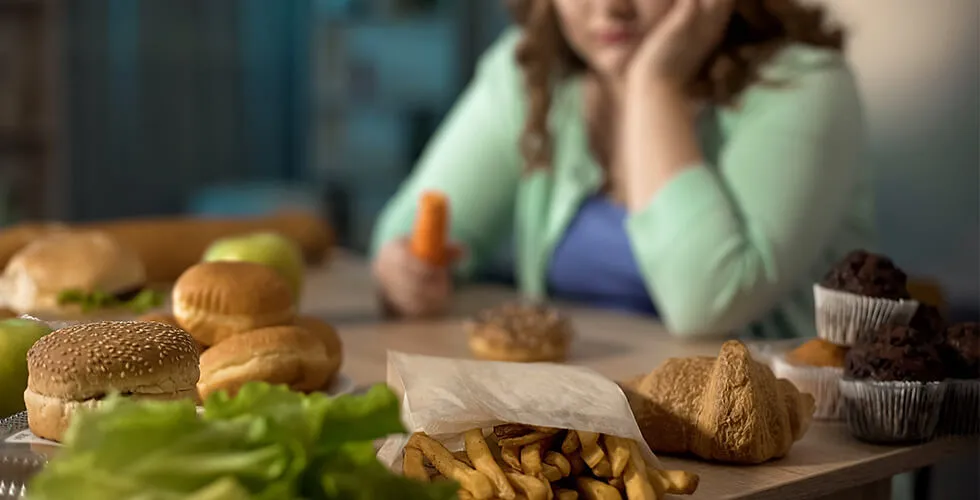
We’ve long blamed irresistible cravings for junk food as the driving force behind obesity—but what if the real issue is a loss of pleasure from food?
A fascinating new study from UC Berkeley flips the script. Researchers found that long-term high-fat diets actually dampen food enjoyment by decreasing neurotensin, a brain peptide that helps boost dopamine—the “feel-good” chemical tied to reward and motivation. Without this dopamine kick, eating becomes mechanical and joyless, promoting overeating out of habit rather than genuine craving.
Using mice as models, scientists discovered that restoring neurotensin levels revived the brain’s pleasure response to food, improved eating behavior, and even led to weight loss. In other words, when eating feels good again, we’re more likely to eat less and more mindfully.
This research challenges a common narrative: people with obesity aren’t necessarily indulging because they enjoy food too much—they may actually be enjoying it less. Brain scans in both mice and humans support this, showing weaker activity in reward centers when exposed to high-calorie foods.
The good news? Restoring pleasure may be the key to sustainable weight management. The UC Berkeley team used genetic tools to enhance neurotensin in obese mice, reigniting their interest in high-fat treats while reducing their overall food intake. The mice also showed lower anxiety and improved mobility.
This discovery opens exciting doors to targeted obesity treatments that work by restoring the brain’s natural reward system—without harsh side effects. As researchers explore how neurotensin influences eating, metabolism, and mood, we may be entering a new era in obesity care—one that embraces joy and satisfaction as essential parts of healthy eating.

